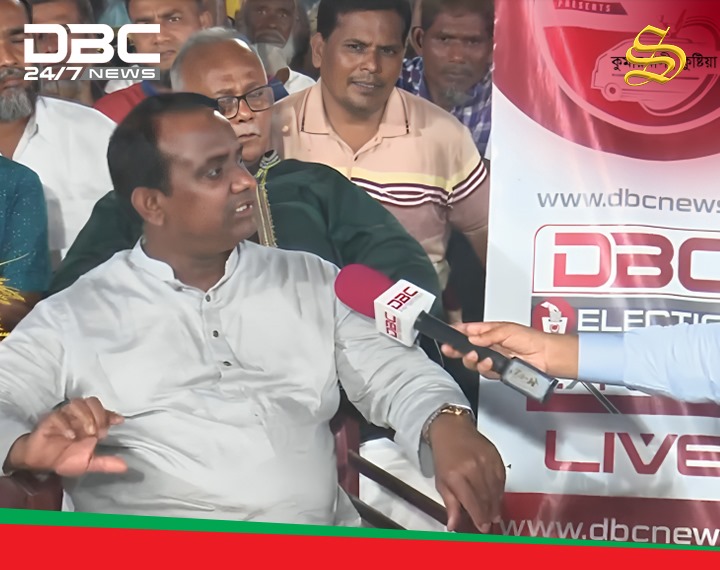The world economy is profoundly shaped by political decisions, influencing global trade, development, and financial stability. As nations grow increasingly interconnected, the impact of politics on economic policies becomes more evident.
Globalization and Policy Decisions
Globalization has linked economies worldwide, enabling trade and capital flow. However, political strategies, such as trade agreements and protectionist measures, define how nations benefit from global economic integration.
The Role of International Institutions
Organizations like the WTO and IMF regulate global trade and finance. However, their success often depends on the political will of influential member states, highlighting the intersection of politics and economics.
Economic Sanctions and Trade Wars
Sanctions and trade wars show how political agendas disrupt economies. While sanctions aim to enforce political goals, trade wars fueled by nationalism can destabilize global supply chains and inflate costs.
Wealth Gaps and Development Politics
Global wealth disparities are a major political concern. Equitable policies and partnerships are critical for bridging the gap between developed and developing nations, promoting sustainable growth.
Environmental and Digital Politics
Climate change policies and digital innovation are reshaping the world economy. Political action in these areas determines the pace of sustainable growth and technological progress.
Conclusion
The politics of the world economy underscores the importance of collaboration in addressing global challenges. By balancing domestic priorities with international cooperation, nations can foster economic stability and shared prosperity.



